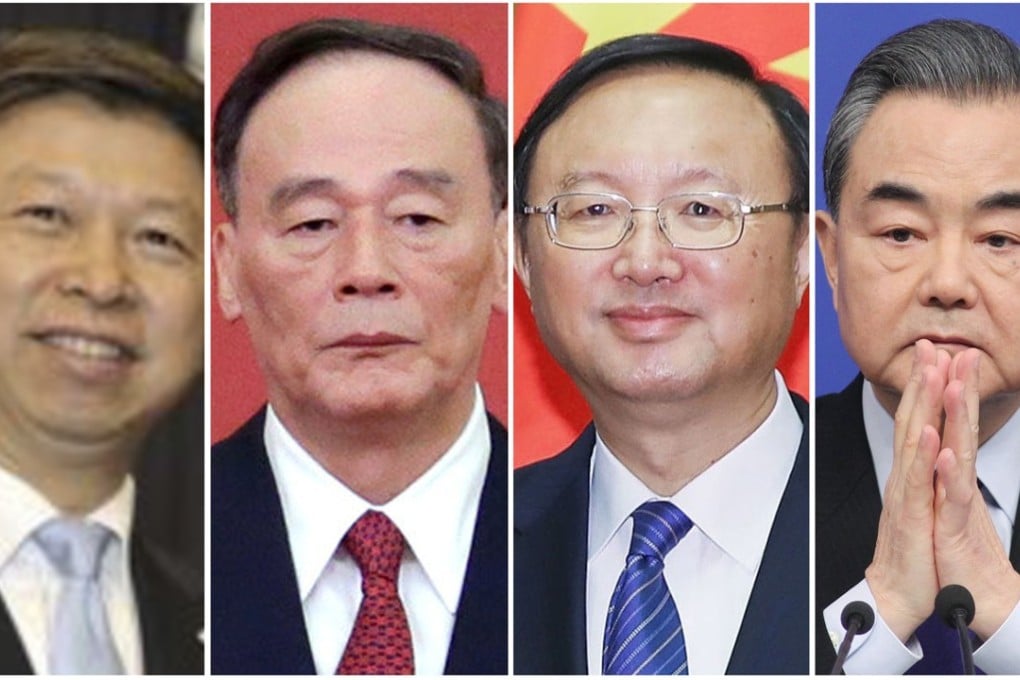Exclusive | China to restructure foreign affairs team in push for greater role on world stage, source says
Top diplomat and Politburo member Yang Jiechi expected to head up new consolidated department for overseas relations

China is set to introduce significant changes to its foreign affairs structure with the merger of two ministerial-level organisations under its top diplomat, as it continues to push for greater recognition as a global leader, according to a person familiar with the discussions.
Under the plan, the Communist Party department responsible for relations with overseas political parties would be consolidated with the party’s foreign policy coordination office, the source told the South China Morning Post.
“The purpose of the reorganisation is to streamline the structure of the agencies and reduce overlaps,” the person said.
China is keen to raise its profile on the world stage, but doing so requires an overhaul of its bureaucratic and uncoordinated foreign policy decision-making function. As a result, the reshaping of two party agencies is one of the key agenda items at the ongoing National People’s Congress in Beijing.